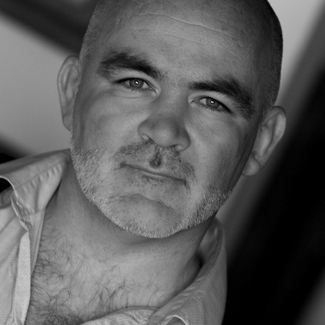In societal transitions, justice means ensuring that the benefits and burdens of major changes, such as the shift to a low-carbon economy, are shared fairly across society so that nobody is left behind. However, history shows few instances in which transitions have been just. In fact, transition periods are usually characterised by a tremendous increase in injustices.
This session looks at transition processes and raises questions of justice in the context of the climate transition in at least three areas:
(1) Spatial justice or linking social justice to space, asking how can art, culture and creativity contribute to the struggle against depopulation, centralization of infrastructure, exclusion of minorities and marginalization?
(2) Data justice or moving beyond digital rights, asking how can artists and creatives re-appropriate meta and connection data stemming from user tracking in platform economies?
(3) Generational justice or rethinking investment, asking how to invest into futures without extracting, exploiting, and consuming resources to extents that will affect the living conditions of future generations?
Transition scrambles values and criteria for judgement; the ideas and intuitions of justice that we hold today are destabilised by the process of transition. In this workshop we will accelerate history and enable our participants to explore what new principles, ideas and alliances may emerge in the near future. We will utilise imagination and communication in a semi-structured game to explore what justice might demand.
Participants will be randomly assigned to six groups of humans and non-human and asked to imagine what claim of justice could animate strategies of voice, exit, or loyalty for each community. Each of the six groups will be given specific scenario prompts to help them clarify their intuitions.
The end of the first part of the game is a set of presentations, by each group, in any genre or form, of their claim of justice.
The second half of the event has itself two parts. Each of the six groups decides (individually) which of the others might be compatible with their vision of justice and bids for alliances. A resource-limiting game mechanism will be used to limit the number of bids any of the six groups can make and what weight they put on each bid.
The game ends with the articulation of the probability structures for possible futures and with an open discussion asking do any of those possibilities represent a vision of justice.
The outcome of the game will form the basis for the climate justice symposium to be held in May 2026.


